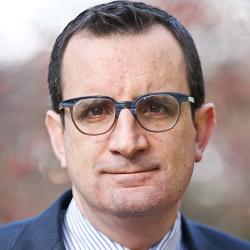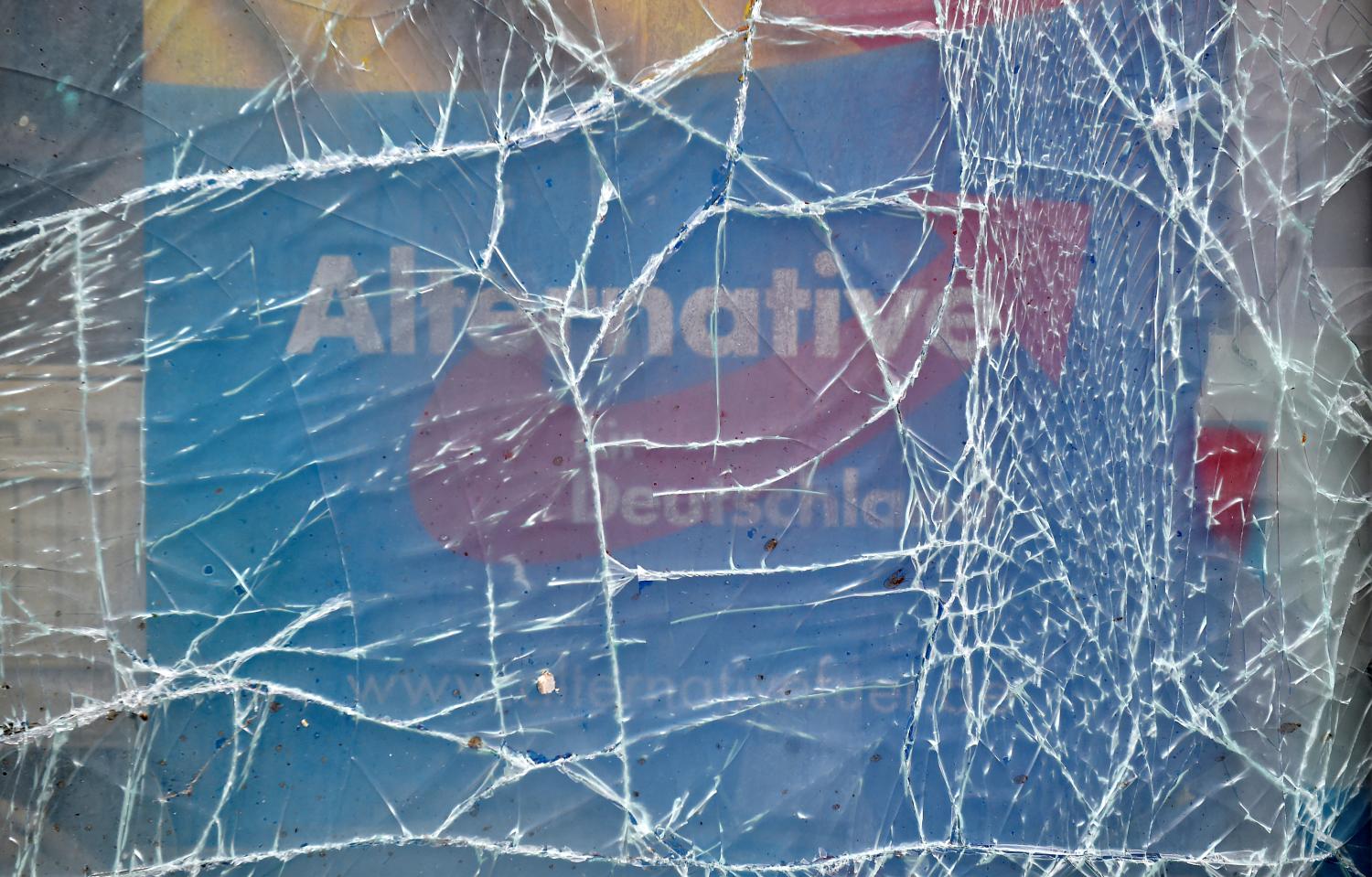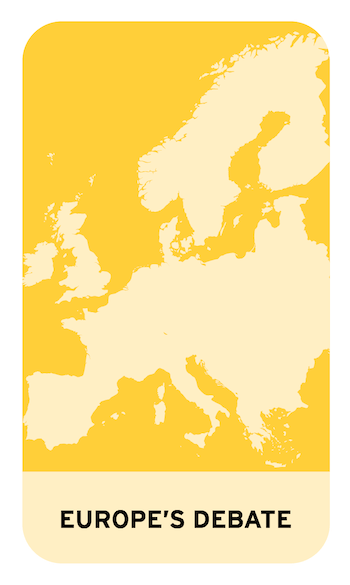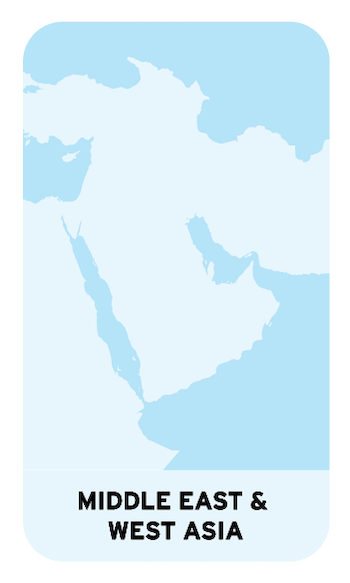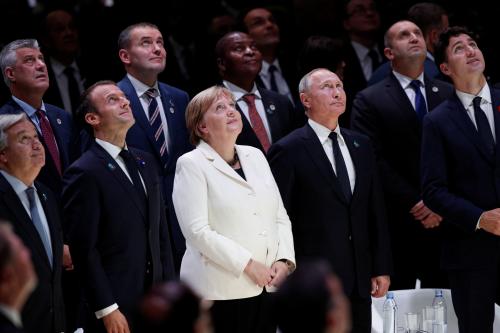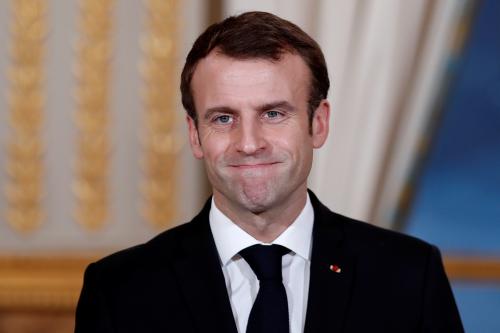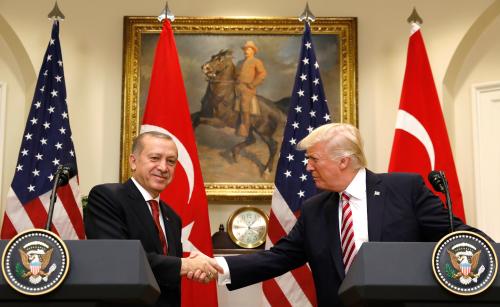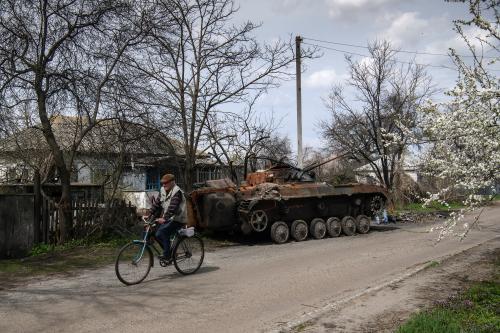 Executive summary
Executive summary
Over the past decade, Europe’s political discourse has expanded to include ideas that used to be on the fringe. The three most significant are Brexit, right-wing populism, and left-wing populism. Meanwhile, the old centrist consensus has shrunk and new divisions have emerged, particularly between Germany and France. The European Union and eurozone remain robust and are very unlikely to collapse but their future will be shaped by the new ideological environment, rather than by the traditional ideals associated with European integration.
It is frequently said that the European Union suffers from a democratic deficit owing to the lack of a European demos, but what is remarkable about the Union today is that Europe is a topic of fierce debate at both national and transnational levels, and the full tapestry of public opinion is on vivid display. Right-wing populists are in power in Austria, Hungary, Poland, and Italy. Left-wing populists are in government in Greece and Italy. Britain is on its way out. Centrism seems to be making a comeback in France while the Greens compete with the Alternative for Germany (AfD) to be the largest opposition party in Germany. EU policy toward immigration, the free movement of EU citizens, and the eurozone have become wedge issues, debated from Riga to Dublin, regularly deciding election outcomes. At the time of writing, speculation is rife about the European Parliament elections of May 2019, which could well see major gains by euroskeptic parties that would then be in a position to undermine the EU from within. It is a far cry from the days when the public seemed disengaged from the Union.
The late public policy scholar Joseph Overton lent his name to a concept, the Overton window, to describe the acceptable range of political discourse in a society—some ideas are so controversial that they will not be taken seriously. Europe’s Overton window were narrowly ajar in the post-Cold War era. European politics was dominated by the center-left and center-right—they disagreed about tax and spending but agreed on globalization, the European Union, and open societies. The window opened wider over time, usually in response to policy failures, including the 2003 Iraq War, the 2008-09 financial crisis, and the 2015 refugee crisis. Disaffected citizens were open to new ideas, although few were initially on offer. Entrepreneurial politicians, often on the younger side, have taken advantage of this opportunity to develop new alternatives to the status quo. They have succeeded by using the technological tools provided by social media, which enable them to bypass traditional media. This heterogeneity of ideas is creating a real debate about the future of Europe, but many of them are radical and half-baked or incompatible with the rules of the European Union.
